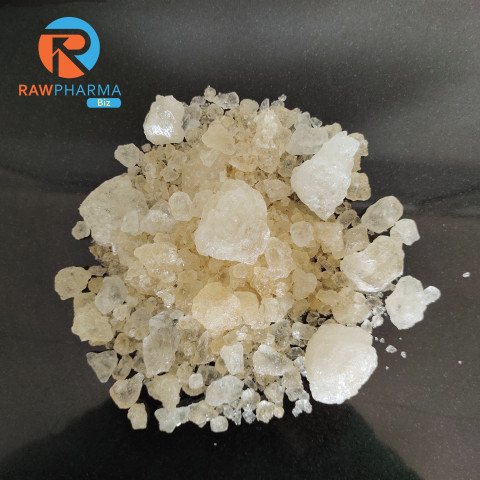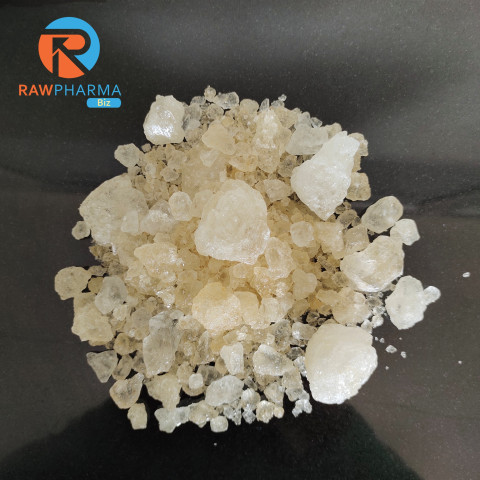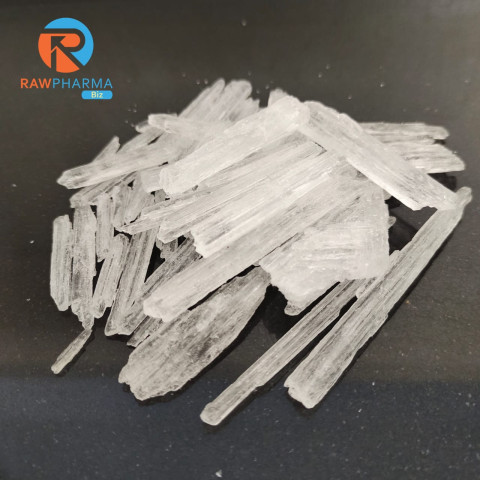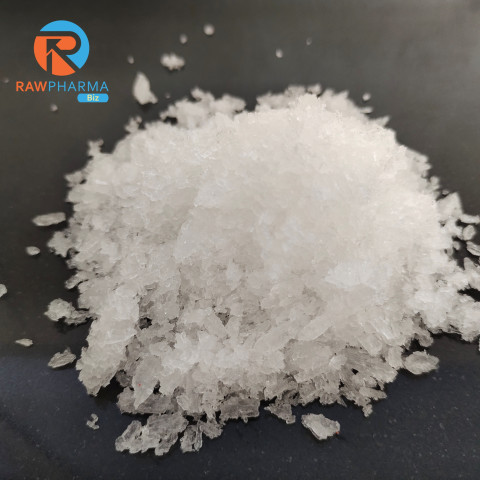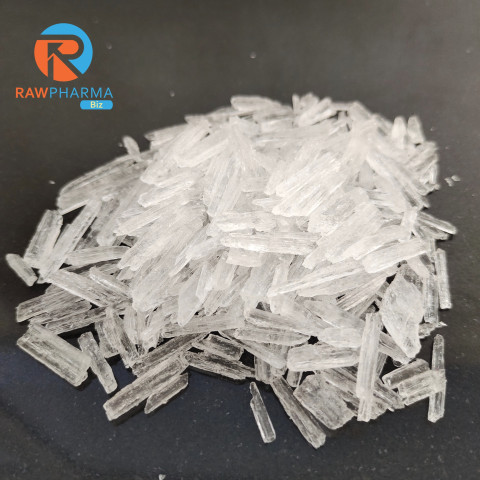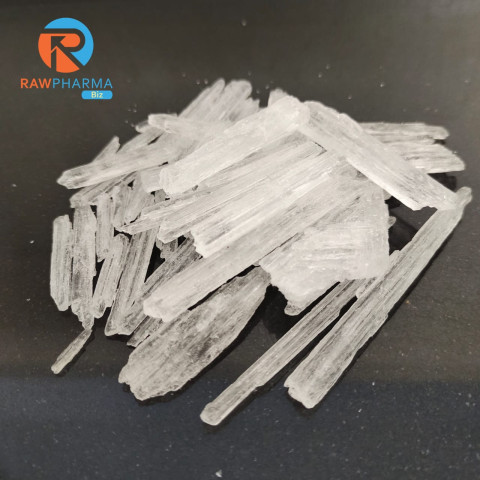Thymol Crystals 25Kg Pack
Short Descriptions
Thymol Crystal is considered as Hazardous Material
Thymol crystals are naturally occurring aromatic compounds derived from thyme plants. These translucent crystals boast a pleasant, minty aroma and are often used in various applications, including as a natural antiseptic, flavoring agent, and in the production of perfumes and essential oils. Thymol crystals possess antimicrobial properties, making them a popular choice in pharmaceuticals, oral care products, and as an ingredient in natural insecticides.
More Information
Details
Thymol crystals are organic compounds that occur naturally in thyme plants, particularly in species like Thymus vulgaris. These crystals, which are typically colorless to white and have a characteristic aromatic odor reminiscent of thyme, are primarily composed of thymol, a monocyclic phenolic compound.
With a chemical structure consisting of a phenol ring substituted with a methyl group and a propyl group, thymol is classified as a natural monoterpene phenol. It is this chemical composition that lends thymol crystals their unique properties and versatile applications.
One of the most notable features of thymol crystals is their potent antimicrobial activity. Thymol has been extensively studied for its ability to inhibit the growth of bacteria, fungi, and even some viruses. This antimicrobial action makes thymol crystals valuable in various fields, including pharmaceuticals, food preservation, and personal care products.
In pharmaceuticals, thymol is often used in throat lozenges, mouthwashes, and topical antiseptics due to its ability to kill bacteria and provide soothing relief for sore throats and minor skin irritations. Additionally, its antifungal properties have led to its inclusion in topical treatments for conditions like athlete's foot and nail fungus.
Thymol crystals also find application in the food industry as a natural preservative and flavoring agent. Due to their antimicrobial properties, they can help extend the shelf life of food products and inhibit the growth of spoilage organisms. Moreover, the minty, herbal flavor of thymol adds a pleasant taste to various culinary creations, including sauces, marinades, and herbal teas.
In the realm of personal care products, thymol crystals are commonly incorporated into mouthwashes, toothpaste, and skincare formulations for their antimicrobial benefits. They contribute to maintaining oral hygiene by combating the bacteria responsible for dental plaque and bad breath, while also providing a refreshing sensation.
Beyond medicinal and culinary uses, thymol crystals are also employed in the fragrance industry for their aromatic properties. They contribute a fresh, herbal note to perfumes, colognes, and aromatherapy blends, adding depth and complexity to olfactory compositions.
In agriculture, thymol crystals serve as a natural alternative to synthetic pesticides due to their insecticidal properties. They are utilized in organic farming practices to control pests while minimizing environmental impact.
Overall, thymol crystals represent a versatile natural compound with a wide range of applications, from medicinal and culinary uses to fragrance and pest control. Their effectiveness, coupled with their natural origin, makes them a valuable ingredient in numerous products across various industries.
